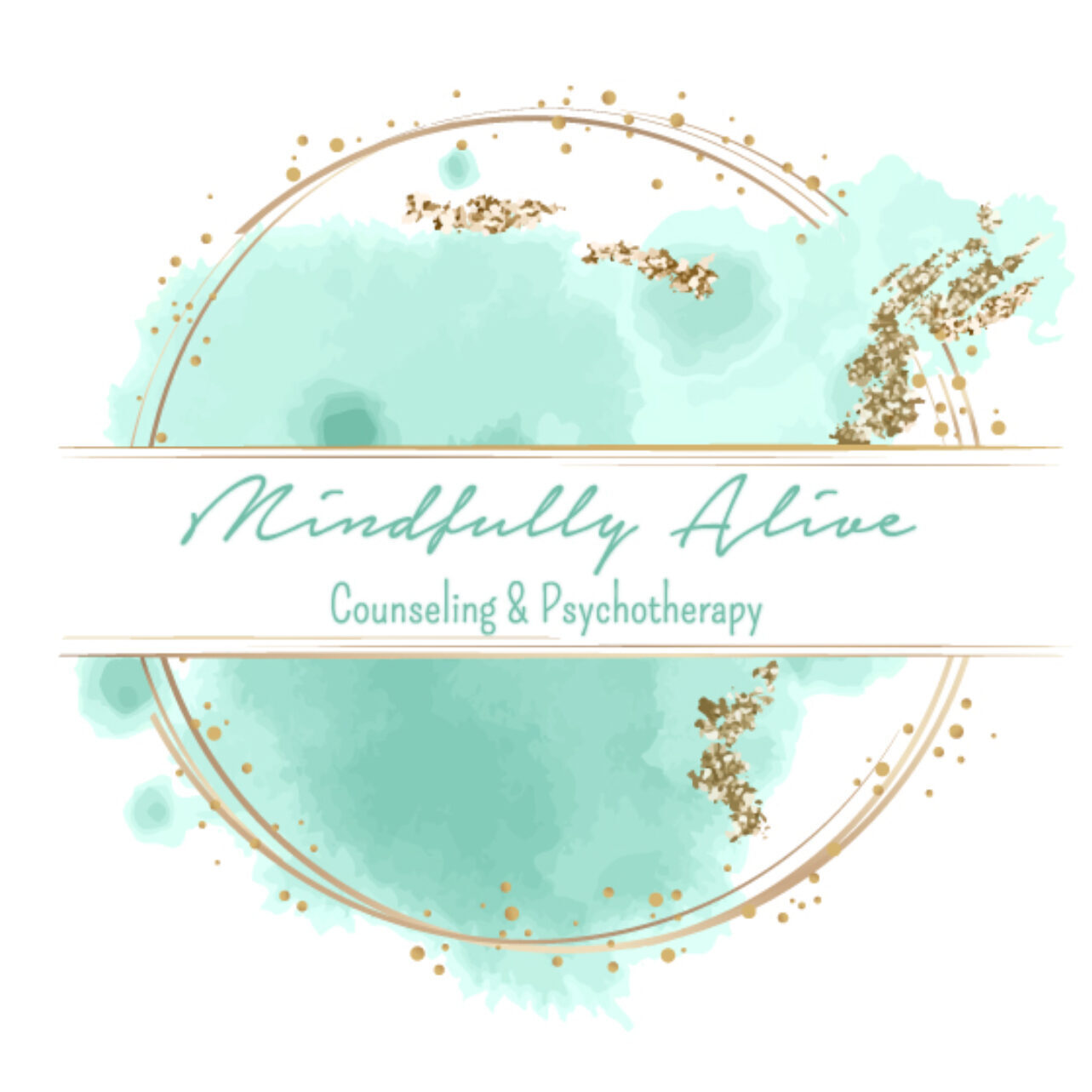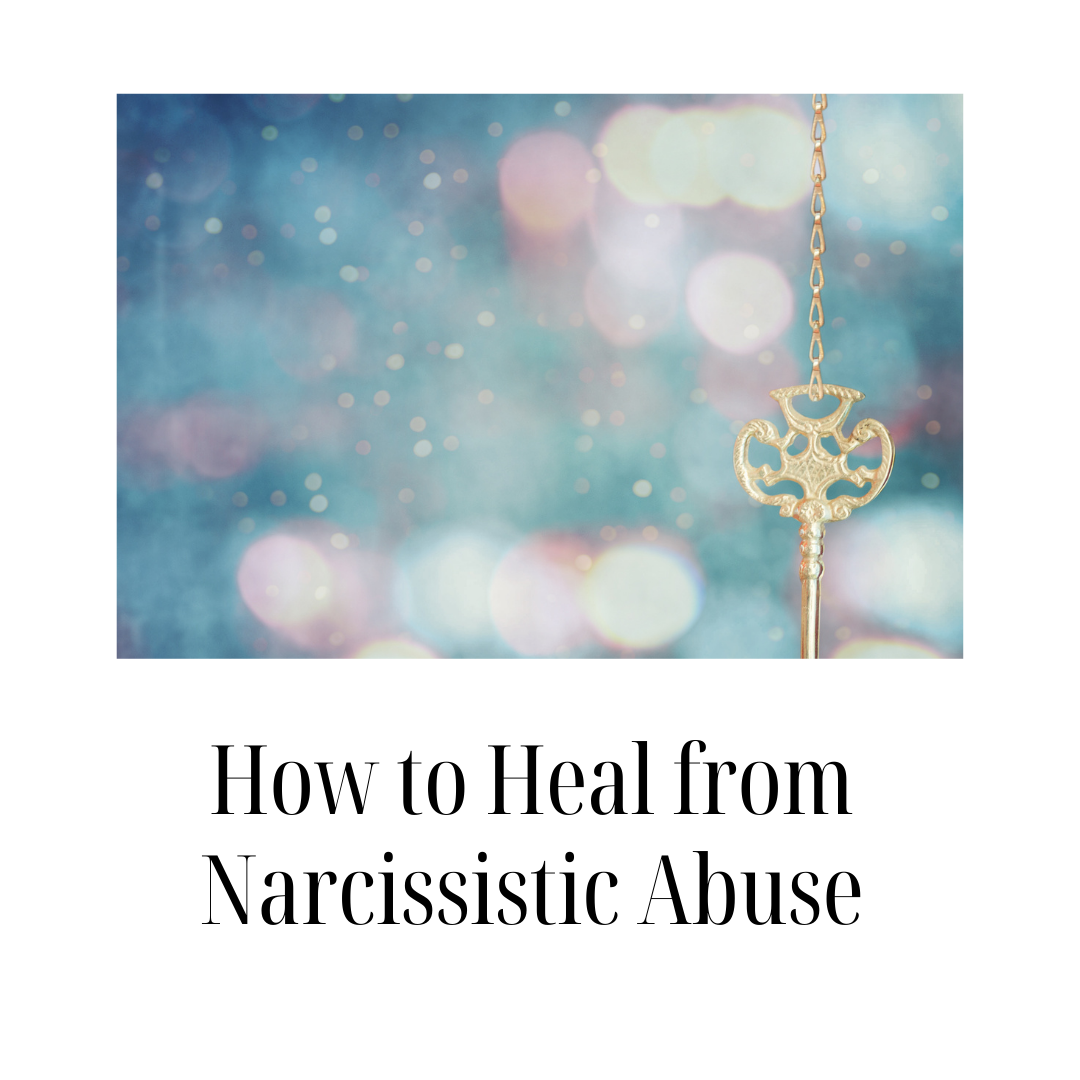Adult children of emotionally immature parents are typically used to carrying a heavy weight or emotional responsibility for others since infancy; as such, it takes some painful adult experiences to make this burden conscious.
How Do I Know if My Parent was Emotionally Immature?
Emotional maturity is defined as a person’s ability to both understand and manage their emotions, as well as have increased awareness of their thoughts and behaviors and how they impact others. Adult children of emotionally immature parents typically grow up with caregivers who are not able to meet their emotional needs and tend to lack emotional intelligence to empathize and provide compassion due to their own self-centeredness, narcissism, and poor ability to manage their emotions. More specifically, emotionally immature parents have the following characteristics:
- They see their children as extensions of themselves
- They find their own value in their children’s achievements
- They can’t see their children as autonomous beings who are separate from them
- They are emotionally needy and need their child to soothe their feelings
- They are distant or rejecting unless the child benefits them in some way
- They have a difficult time with their own emotions so if you needed emotional support as a child they could not be there for you- hence you grow up not having emotional needs
- They tell you that “you’re too sensitive”
- They seem to be “there” for acquaintances or strangers but not for more intimate relationships
- They use meeting your basic needs (food, shelter) and material things as showing love
- They use guilt, shame, punishment to control their child’s behavior, thoughts, and emotions
- They have difficulty regulating their own emotions and blame others for their state of being
- They have difficulty with empathizing or viewing things from other people’s perspectives
- They are unable to self reflect and accept responsibility for their actions
- They are uncomfortable with emotions (their own and others) and therefore avoid emotional connection and prefer connecting on a superficial level
What Happens as a Result of Growing Up with an Emotionally Immature Parent?
Emotionally immature parents neglect to provide secure attachment for their children. Unfortunately, the effects of this type of parenting creates adult children who suffer from low self-esteem, a sense of emptiness and loneliness, depression, anxiety, trauma, substance abuse, and difficulties in relationships. They may have a strong sense that “if I’m truly myself, I won’t be loved”. They are also likely to repeat this cycle of parenting on their own children unless they become aware of these patterns and make conscious efforts to change them. Furthermore, since this was the blueprint for connecting to others as a child, an adult of emotionally immature parents may re-create the same dynamics in their friendships and in their romantic relationships as well.
What Does Healing from Growing up with Emotionally Immature Parents Entail?
Healing from the effects of emotionally immature parents takes work but it is possible. Here are the important things to note when you first recognize that this was the dynamic you grew up in:
- Create boundaries for yourself if needed – it is okay to create space between your parents and yourself so you can introspect and learn to understand their impact and what you want/need for yourself.
- Because there was no emotional validation for your true self, you may find that you have been placating to people in your life who feel really sure about things.
- You may realize that you have been denying your instincts and intuitive messages.
- You may realize that you have been confirming to a role you thought would be “acceptable”. Examples of roles or masks can look like: the peacekeeper in relationships, always putting others’ needs before yours, the helper, the calm one, the overachiever, the “I have everything under control” role, the overly self-sufficient one, hyper-indepemdence.
- Understand that you cannot change your parents (they will likely not take responsibility for the effects of their emotionally immature parenting), so focus instead on yourself and what changes you need to make in order to break the cycle.
- Use mindfulness and self-compassion to get in touch with your emotions and learn to express yourself in a way that might have felt unwelcome to others before.
- It’s ok to grieve a childhood that was never actually a childhood since you were responsible for your parents’ emotions versus the other way around. In fact grieving this is a very important aspect of the healing journey.
- You may recognize this pattern in other adult relationships such as with friends and romantic partners. It is natural as the healing process continues for some of your friendships to orbit off away from you, and to “lose taste” in romantic partners you were previously drawn to.
- When feeling stuck, engage in therapy or other modalities that use a trauma-informed lens such as EMDR (Eye Movement Desensitization Reprocessing), IFS (Internal Family Systems), Ego States, trauma informed yoga, meditation or somatic interventions that can help access unconscious emotions, thoughts, and beliefs and help heal them.
Understanding parents’ emotional immaturity can free you from emotional loneliness as you realize their emotional neglect wasn’t about you, but about them. Once you recognize what needs they did not meet for you, you can learn to meet those needs for yourself with self-love, patience and grace.
If you recognize yourself in this blog, I welcome you to reach out so we can work together on understanding the effects of growing up with such caregivers and focus on the parts of you that were neglected and need your attention and healing.





Be the first to reply